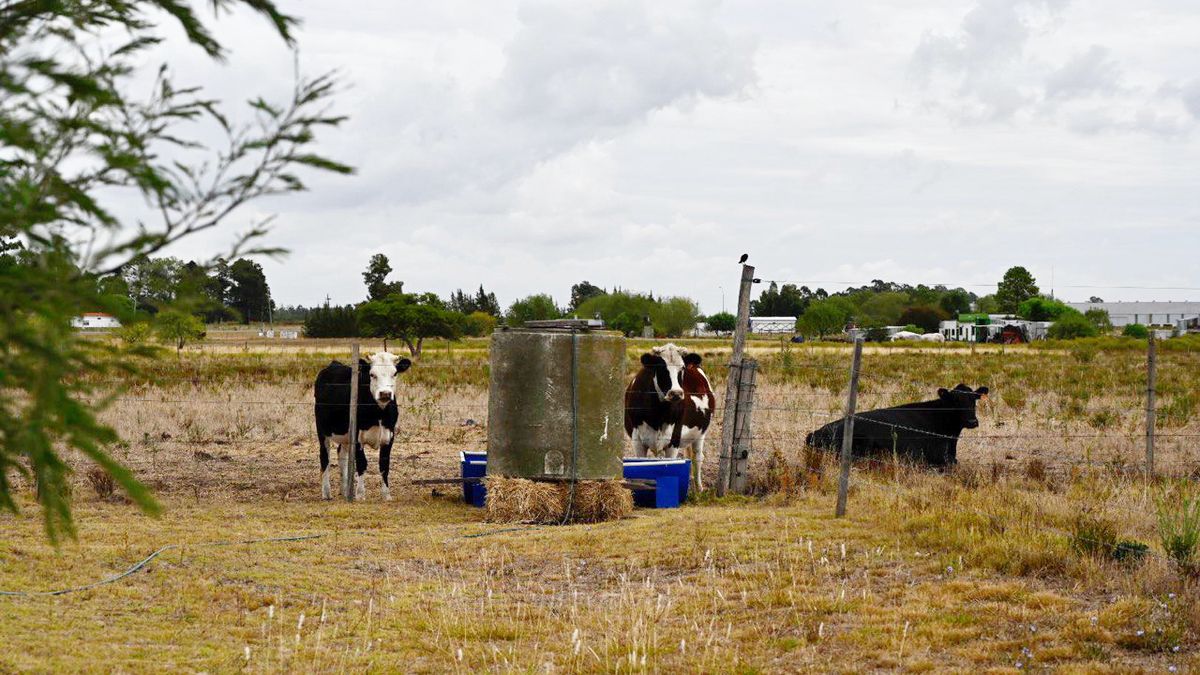The decision was made after a session of the Agricultural Emergency Commission where the data collected during 2023 was analyzed.
He Ministry of Livestock, Agriculture and Fisheries (MGAP) decided to end the agricultural emergency throughout the national territory, with the exception of two items, the fruit grower and horticulturalwho will soon be able to apply to receive aid measures from the government.
The content you want to access is exclusive to subscribers.
The MGAP defined the cessation of the agricultural emergency after the Agricultural Emergency Commission went to session in the last hours to analyze the data collected left by the historic drought that the Uruguay During the past year.


Now, fruit and horticulture producers, affected by the strong storms that occurred during December 2023 in some departments of the country, will have until March 31 of this year to apply for support and for each particular case to be put to the consideration of the government portfolio.
In turn, in the session of the Agricultural Emergency Commission, together with the Ministry of Economy and Finance (MEF) the extension of the term of the National Guarantee System (SiGa)by which micro, small and medium-sized companies (MSMEs) in all areas of the agricultural sector can access guarantees by paying a single discounted commission, until Sunday, March 31.
The drought lasted for more than a year
Following the resolution of the MGAP, the extensive drought of more than one year and three months will end for the agriculture, beekeeping, poultry, forestry, livestock and dairy sectors, among others. The water deficit hit the national countryside hard, which saw its grain production affected and the proliferation of several diseases among livestock, meaning losses that amounted to millions of dollars.
According to Prensa Latina, the Director of Decentralization of the MGAP, Luis María Carressemaintained that, in perspective, agriculture is currently going through a “good time”, with good prospects for some products and high figures regarding wheat production.
Source: Ambito




